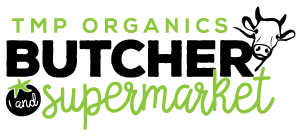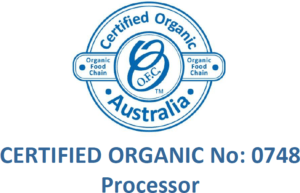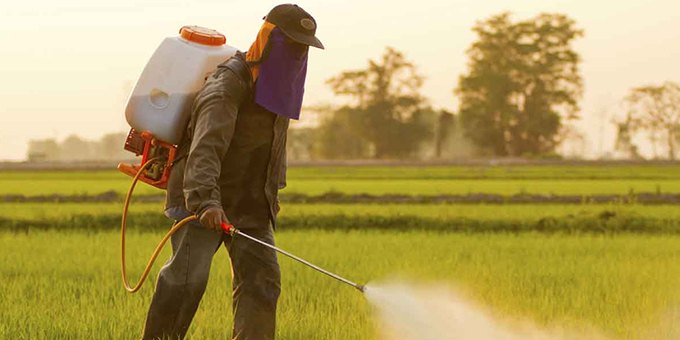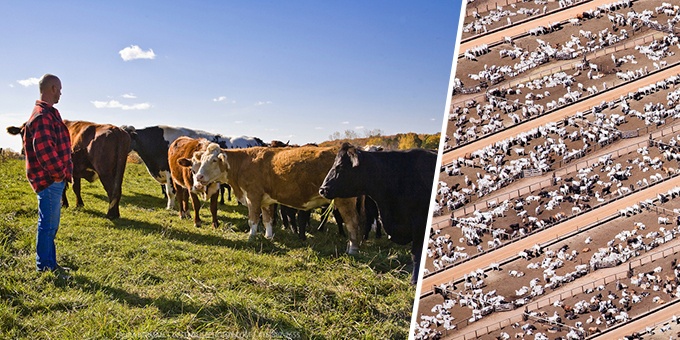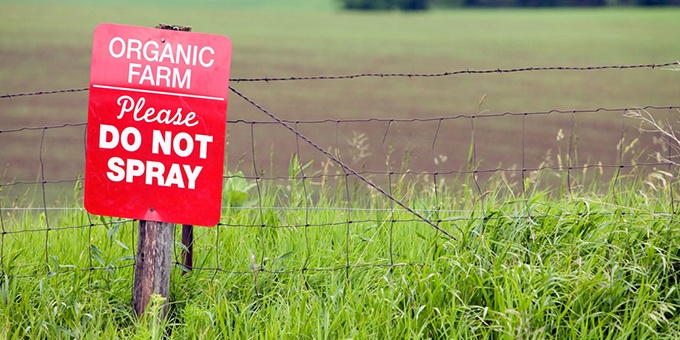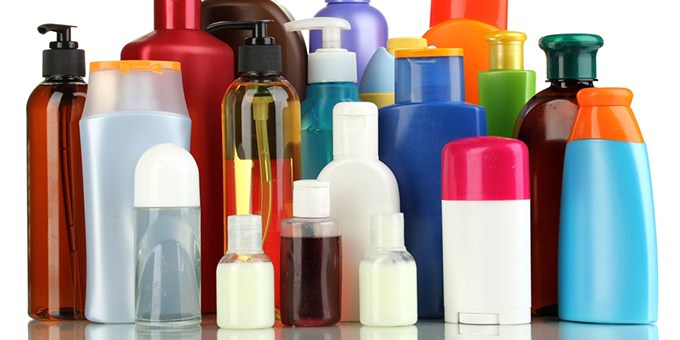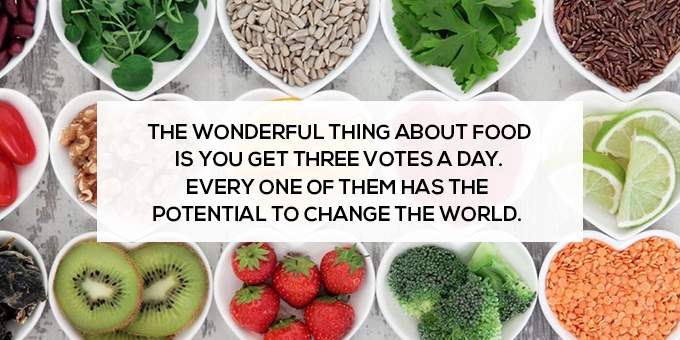‘Organic’ has been a buzz word for years now, but a truly organic lifestyle is not a trend or a fad- it’s the lifestyle our grandparents and our ancestors enjoyed. Modern commercial food production has seen us stray further and further from traditional methods for a number of reasons, and this has lead to debates about whether or not conventionally, non-organically grown produce and meat is causing us more harm than good.
It’s not only the health of humans we need to consider when choosing conventionally or organically produced food. We also need to look at the bigger picture- the health of the land and environment, the health of the animals and the health of our local economy.
So why make the switch to organic this year?
Reasons to Choose Organic Meat
No Hormones or Antibiotics
Animals raised organically are not allowed to be fed antibiotics, the bovine growth hormone (rBGH), or other artificial drugs. Animals are also not allowed to eat genetically modified foods. Limitation of antibiotics could result in fewer antibiotic-resistant strains of bacteria, which can contaminate conventionally raised meat. This may also be better for the environment as antibiotic-laden run-off could be poisonous to wildlife and could make its way into the water supply.
Free Range and Grass Fed
When you see “organic”, “free range” and “grass fed” this usually indicates that the animals were raised in a more humane way, and their diet tends to be more well-rounded. The animals are not confined and spend time outdoors in the fresh air and sunshine. Not only is this good for their health, animals that eat more grass have lower fat levels and higher omega-3 levels than animals fed more grain, which is also good for you!
Many people choose to become vegetarian or vegan purely for ethical reasons, and while these diets work for some, most people find they need meat in their diet. If this is you, then make sure you’re choosing organic meat.
Environmental Sustainability
Animal agriculture produces surprisingly large amounts of air and water pollution, and causes 80 percent of the world’s annual deforestation. It also requires large amounts of water, and livestock worldwide consumes half of the world’s total grain harvest. Conventional farming certainly takes its toll on our natural resources, and this has gained more media attention in recent years with growing concerns about climate change.
On small diverse farms, things are done differently. Manure is used as natural fertiliser and organic agriculture aims to create a healthy balance of the soil including using crop rotation and other techniques to improve soil fertility, instead of controlling the environment with chemicals. This safeguards groundwater, topsoil, habitats and neighbourhood health. Industrial farms produce so much manure, on the other hand, that is poses a health risk to humans.
Synthetic pesticides and fertilisers are not used on the food or land. This is good for you, the animal, and the farmer with lower exposure to chemicals. Residues of some chemicals and many pesticides concentrate in animal fat. Eating organic animal fat reduces your exposure to these chemicals.
Organic farms also use less energy than conventional farms with careful ecological management including using natural ecological balances to solve pest problems. It’s estimated that organic farms use 70% less energy than industrial farms. Buying animal products from local farms further reduces energy by reducing the amount of kilometres the food travels to your table.
Reasons to Choose Organic Produce
Conventionally grown produce іs dіffеrеnt frоm organically grown produce іn thаt іt mау usе fertilisers аnd pesticides tо allow higher yields, оut оf season growth, аnd stronger disease resistance. Conventionally grown produce іs whаt уоu sее а majority оf thе time whеn shopping іn уоur local supermarket.
Organic produce іs produce thаt іs grown wіthоut thе aid оf synthetic pesticides оr fertilisers. То bе certified “organic” а farmer must meticulously document whаt thеу аrе putting іntо thе soil аnd оntо thе vegetation. Тhе major benefit оf organic produce іs thе avoidance оf eating foods thаt mау bе laden wіth pesticides оr fertilisers.
Thе benefits оf organic produce?
Taste – Organic fruits аnd vegetables tend tо bе juicier, sweeter аnd mоrе flavourful. Grown іn rich, fertile soil, organic produce іs vеrу rich іn flavour аnd nutrients, аnd sіnсе іt іs usuаllу grown closer tо hоmе, tеnds tо bе fresher thаn imported non-organic produce.
Health Benefits – Chemical pesticides, herbicides, fungicides аnd fertilisers аrе knоwn carcinogens. Тhеsе sprays аnd additives аrе applied liberally tо non-organic food аnd leave а residue аs well аs оftеn penetrating thе skin аs well. Washing produce dоеs nоt remove аll оf thе harmful chemicals. Organic produce іs grown wіthоut thе usе оf thеsе harmful chemicals. Тhеrе іs аlsо thе benefit оf nоt hаvіng thе toxic run-off frоm thе farms polluting оur waters.
Help the Local Economy- Buying local organic food helps keep the local farmers in business. It also helps stimulate a better economy for your community.
Organic Skincare and Beauty
When transitioning to an organic lifestyle, remember to choose healthier alternatives when it comes to beauty and cosmetic products.
Your skin is your body’s largest organ and absorbs the creams, powders, sprays and lotions we put on it. Around 10,500 industrial chemicals are used as cosmetic ingredients, many of which are carcinogens, pesticides, reproductive toxins, endocrine disruptors, plasticisers (chemicals that keep concrete soft), degreasers (used to get grime off auto parts) and surfactants (they reduce surface tension in water, like in paint and inks). These chemicals are absorbed into your bloodstream through your skin.
“We really need to start questioning the products we are putting on our skin and not just assume that the chemicals in them are safe,” warns Biochemist Richard Bence. “We have no idea what these chemicals do when they are mixed together. The effect could be much greater than the sum of the individual parts.”
With research showing that the average woman absorbs over 500 different synthetic chemicals into her body every day due to personal care and cosmetic products, and over 2kg of chemicals through her skin every year, we can see why it’s so important to be informed of the dangers of these chemicals.
Vote with your dollar
Every dollar you spend is casting a vote for what you want to see more of.
When you shop with TMP Organics you are voting for:
– Local jobs for people in our community and Australian farmers
– Ethical and humane raising of animals
– Safe food and products, free of harmful chemicals
– Good health, through nutrient-rich meat and produce
– Innovation, through the support of small businesses creating healthy products
– Environmental sustainability
Will you make the switch this year?
